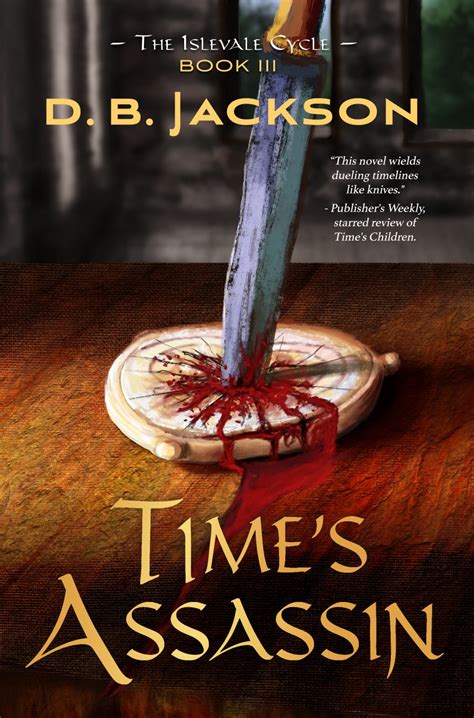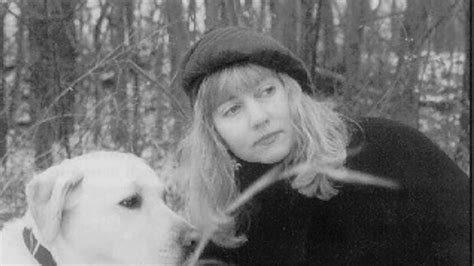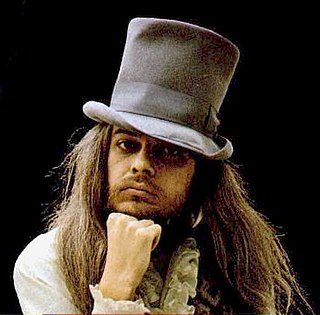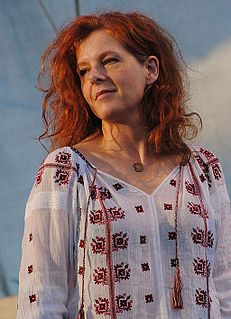A Quote by Chris Bohjalian
My personal opinion is that, if you're a professional writer, that you do have quotas. So every day I do try to write 800-1,200 words. I don't always achieve it, and the reality is that a lot of the words I write will end up on the cutting-room floor.
Related Quotes
Write every day. Don't kill yourself. I think a lot of people think, 'I have to write a chapter a day' and they can't. They fall behind and stop doing it. But if you just write even one hundred words a day, it's not that much. By the end of a month, you'll have three thousand words, which is one chapter.
A lot of people think they can write poetry, and many do, because they can figure out how to line up the words or make certain sounds rhyme or just imitate the other poets they've read. But this boy, he's the real poet, because when he tries to put on paper what he's seen with his heart, he will believe deep down that there are no good words for it, no words can do it, and at that moment he will have begun to write poetry.
My advice to young writers would be to write every day, even if it is only a few words. Get yourself on the habit of writing and it will become a lifelong one. And find a place to write where you are physically comfortable. You can't concentrate if you aren't. Ernest Hemingway could only write standing up, and Truman Capote could only write lying down!
If you interrupt the writing of fast narrative with too much introspection and self-criticism, you will be lucky if you write 500 words a day and you will be disgusted with them into the bargain. By following my formula, you write 2,000 words a day and you aren’t disgusted with them until the book is finished, which will be in about six weeks.
The nightmare of censorship has always cast a shadow over my thoughts. Both under the previous state and under the Islamic state, I have said again and again that, when there is an apparatus for censorship that filters all writing, an apparatus comes into being in every writer's mind that says: "Don't write this, they won't allow it to be published." But the true writer must ignore these murmurings. The true writer must write. In the end, it will be published one day, on the condition that the writer writes the truth and does not dissemble.
The single most important technique for making progress is to write ten words. Doesn't matter if you're badly stuck, or your day is completely jam-packed, or you're away from your computer - carry a small paper notebook and write a sentence of description while you're waiting on line at a coffee shop. I think of this as baiting a hook. Even if you have a few days in a row where nothing comes except those ten words, I find that as long as you have to think about the novel enough to write ten words, the chances are that more will come.






































